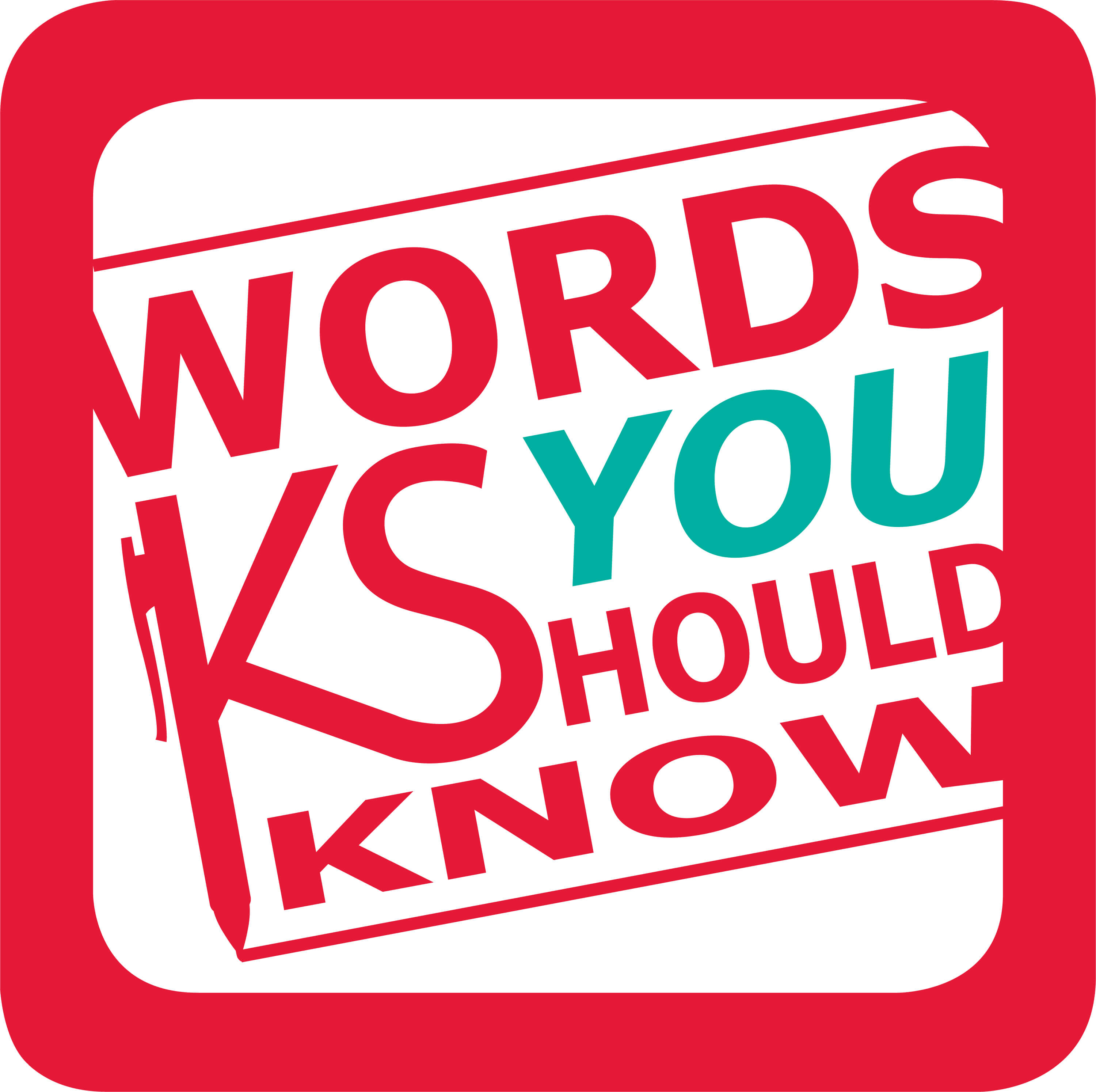
We all need these little word choice reminders, don’t we?
We need to remember the difference between “insure” and “ensure,” without a doubt understanding that “insure” with an “i” is talking about insurance.
We need to know that when you might say “I could care less,” that means that you do indeed care about something. If you say, “I could care less,” then you must care a bit to be able to care a smaller amount. The expression you might be looking for is “I couldn’t care less,” which means that you already care so little that it’s impossible for you to care less than you already do. There’s a difference.
Our words have the power to meddle or to muddle if we don’t pay attention to them.
But without further ado, here’s today’s writing tip for the curious or confused.
Episode 8: To “Sure Up” or “Shore Up” Your Sandcastles
Podcast: Play in new window | Download
Approximate transcript:
I just might be catching you using a phrase that doesn’t actually exist with this one. Think fast. Which one is correct? “Shore up” or “sure up”?
When a plan at work needs some extra strategic support, when your offensive line has some major gaps, or when your sandcastle is falling down, what do you need to do?
I almost hate to break it to you, but:
the correct phrase is “shore up” not “sure up.”
This expression first appeared a long, long time ago—somewhere between 1300-1500—when the word “shore” was not only a place where the land met the sea or the place where she sells seashells. “Shore” had and has another definition that has fallen out of favor: a support beam, prop, or buttress. This word comes from the Middle Low German schore. Interestingly, this root is different from “shore” as in seashore, which comes from the Middle Low German schor. Confusing? Absolutely, but that’s not the issue at stake here.
The mistake of writing “sure up” instead of “shore up” is common. You find it in news articles, books, and almost anywhere written text is found. And there’s a logic there even. You want to make something “sure” as in certain or unfailing. I hear you, but it just isn’t so.
Sure, “sure” might have logic, but since when has logic stopped the English language? “Sure up” is the syntactic impostor.
Don’t believe me? Maybe it will help that Merriam Webster, Oxford Dictionaries, and Dictionary.com all don’t recognize “sure up” as an existing phrase. It’s true. Feel free to fact-check this one for yourself.
Happy writing, everyone!
And don’t forget to subscribe to this podcast (via Apple Podcasts, Android, Google Podcasts, Stitcher, or RSS) so you’ll never miss out on another word you should know. Like what you heard? Rate my show on iTunes or wherever you listen.
Contact me today if you have any language questions for a future episode. I’d love to hear from you!
